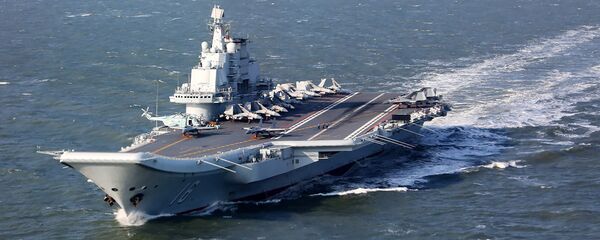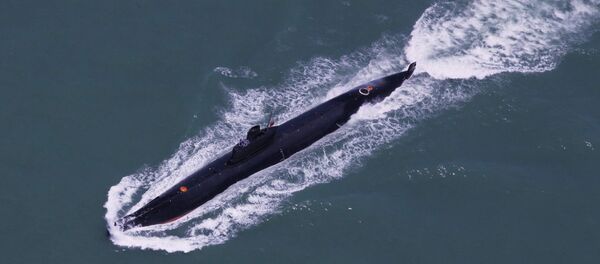"China will never allow hard-won stability in the South China Sea (SCS) to be disturbed or undermined again," Wang said in his annual address, just as the Donald Trump administration deployed an aircraft carrier in the SCS to assert freedom of navigation. "At this moment, if someone should try to make waves and stir trouble, they will have no support and face common opposition of the entire region," he said.
Last year, China waged a major international campaign to ward off the impact of the international tribunal decision dismissing Beijing's claim over almost all of the SCS in response to a Philippines petition.
Since then, the situation has changed to Beijing's advantage. The new Philippines President Rodrigo Duterte has moved closer to China, agreeing to set the SCS dispute aside for substantial Chinese investment.
China's recent South China Sea stance is a "temporary success" and other stakeholders, including the US, will not let Beijing have final say in the disputed region, says Jagannath Panda, Research Fellow, at New Delhi-based Institute for Defence Studies and Analyses.
"China can play hardball as the US under President Donald Trump is more focused on internal affairs. But all major stakeholders in the dispute and outside powers, such as the US, have significant commercial interests and motive to ensure free navigation in the region. India too, although very elementary, has stakes in free navigation there as declared by our government on different occasions," he told Sputnik.
While Wang's statement may once again create an impression of growing Chinese assertion, many experts believe a negotiated settlement should be explored.




